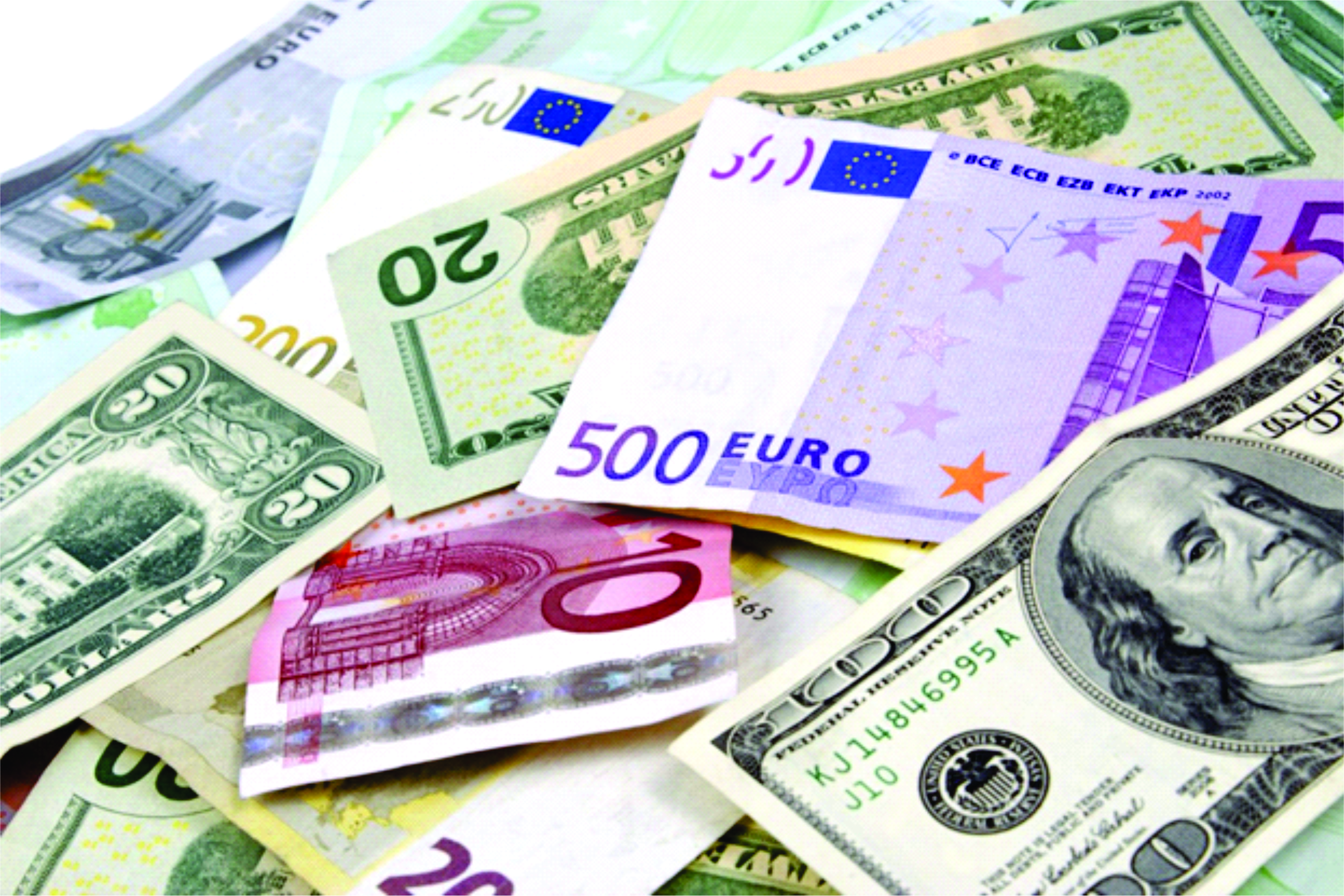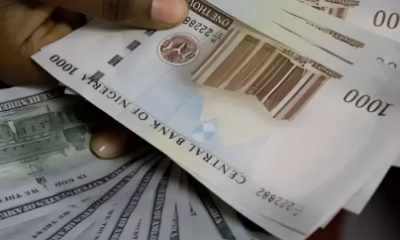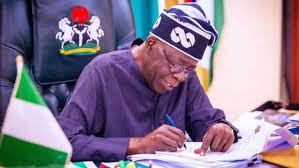By Odunewu Segun
The naira at the weekend closed the year at N490 against the United States dollar at the foreign exchange market despite permutations by experts that it would hit the N500 mark before the New Year.
National Daily gathered that the naira, however, is set to witness another round of decline against the dollar in the days ahead as expected increase in dollar flows from Nigerians living abroad coming home for holidays fell short of expectations.
In the official interbank window, the naira was quoted at 310.25 to the dollar on Thursday, but it was expected to close at around 305.5, the same level it has traded at since August.
“We see the naira depreciating against the dollar by the time more businesses resume operations next week after the festive season as dollar liquidity remains thin in the market,” one currency dealer said.
A director at Union Capital Markets, Mr. Egie Akpata, said it was really difficult to predict the direction of the naira currently because part of the currency market had shut down for the year.
“You can’t really predict the market now because part of the market has shut down for the year. Things will really take shape next week. Currently, it could swing anywhere,” he said.
According to traders, the $1bn sold by the CBN on the forward market to clear a backlog of dollar obligations in selected sectors was the largest auction by the CBN since the naira peg was removed in June.
The CBN had on June 20 lifted its 16-month-old naira peg, following overwhelming dollar demand from companies and calls for a free floating of the naira by industry experts.
The Chief Executive Officer, Financial Derivatives Limited, Mr. Bismarck Rewane, said there was a need to overhaul the foreign exchange market and policies, in order to stabilise the forex market. “The current state of the forex market in Nigeria must be reformed and completely overhauled. If you don’t do that, no matter what happens you are not going to get the results you want,” he said.
Dollar shortages have caused many companies to halt operations and lay off workers, compounding an economic crisis exacerbated by the fall in global prices of oil, which accounts for over 70 per cent of Nigeria’s budget revenue.

 Latest5 days ago
Latest5 days ago
 Trends6 days ago
Trends6 days ago
 Business1 week ago
Business1 week ago
 Football1 week ago
Football1 week ago
 Football7 days ago
Football7 days ago
 Health7 days ago
Health7 days ago
 Featured1 week ago
Featured1 week ago
 Business1 week ago
Business1 week ago













